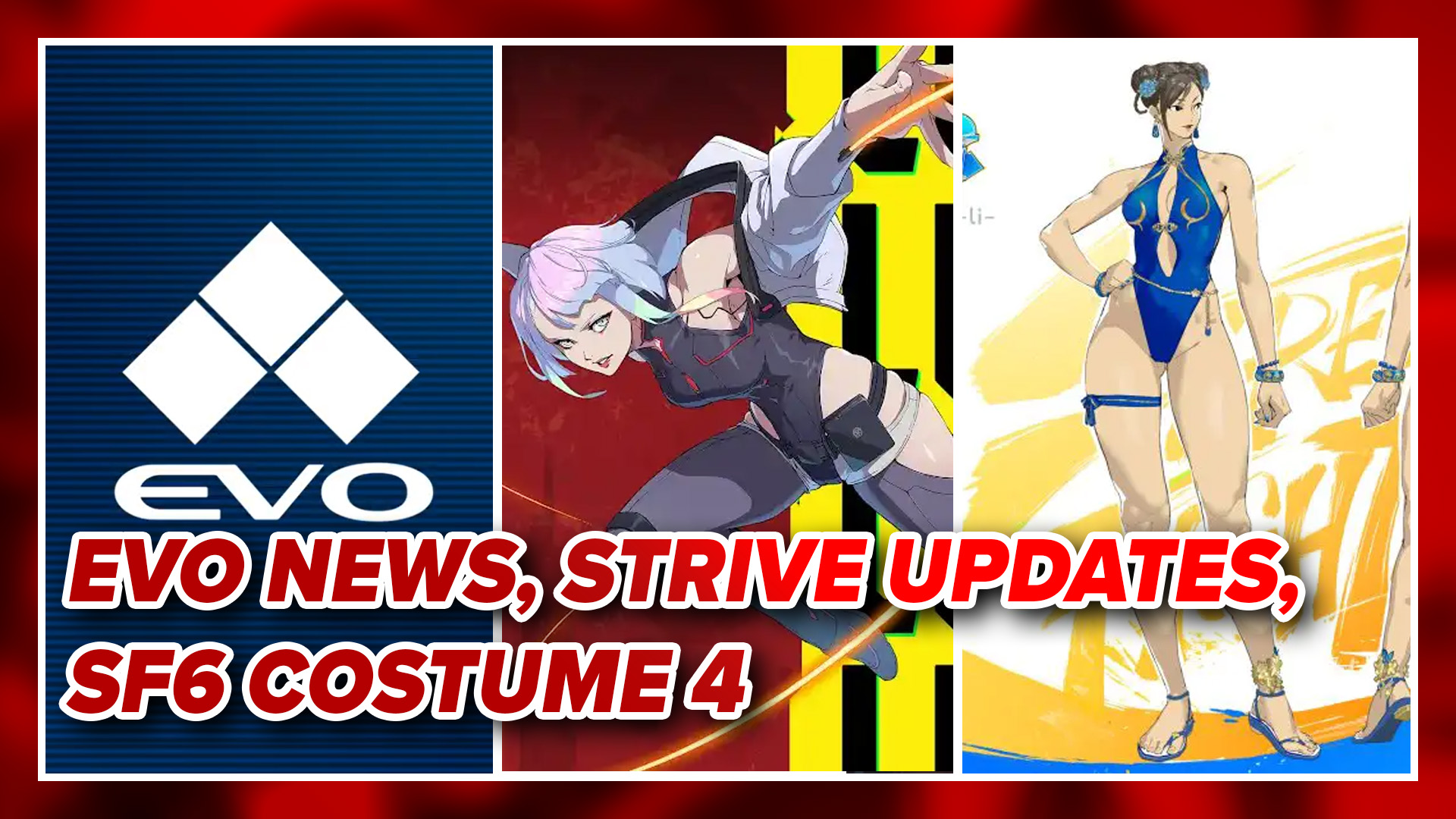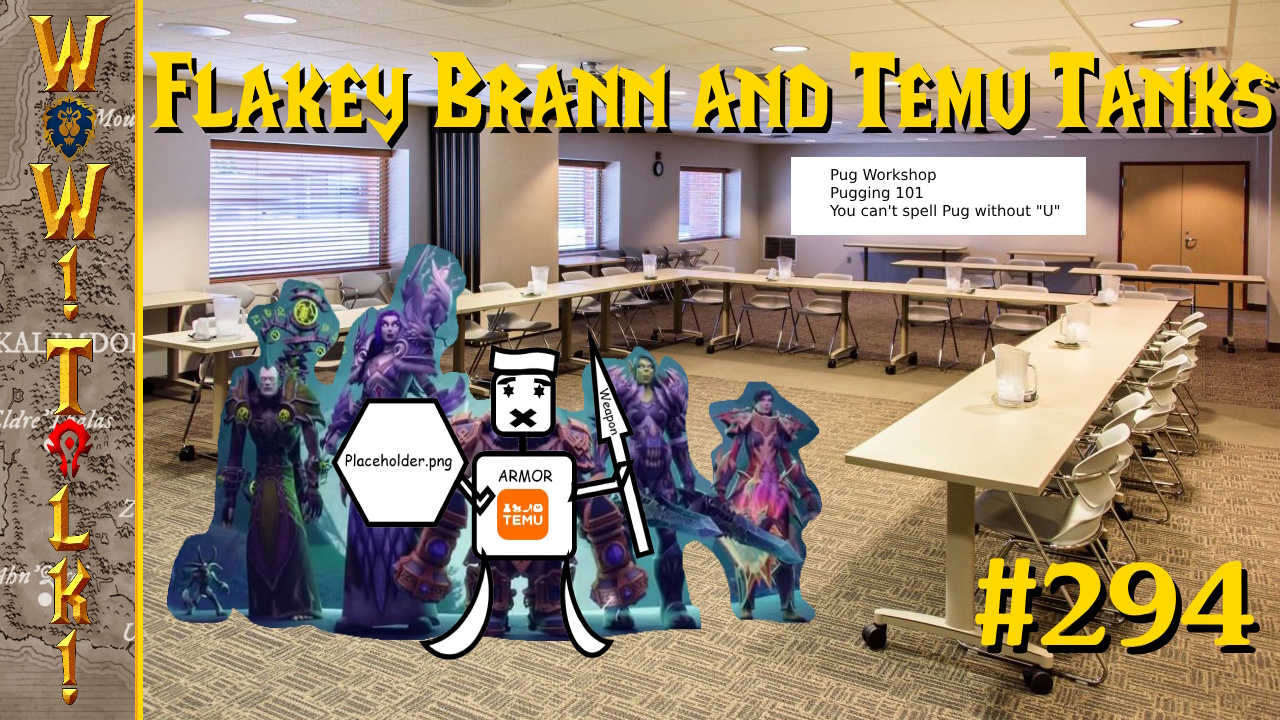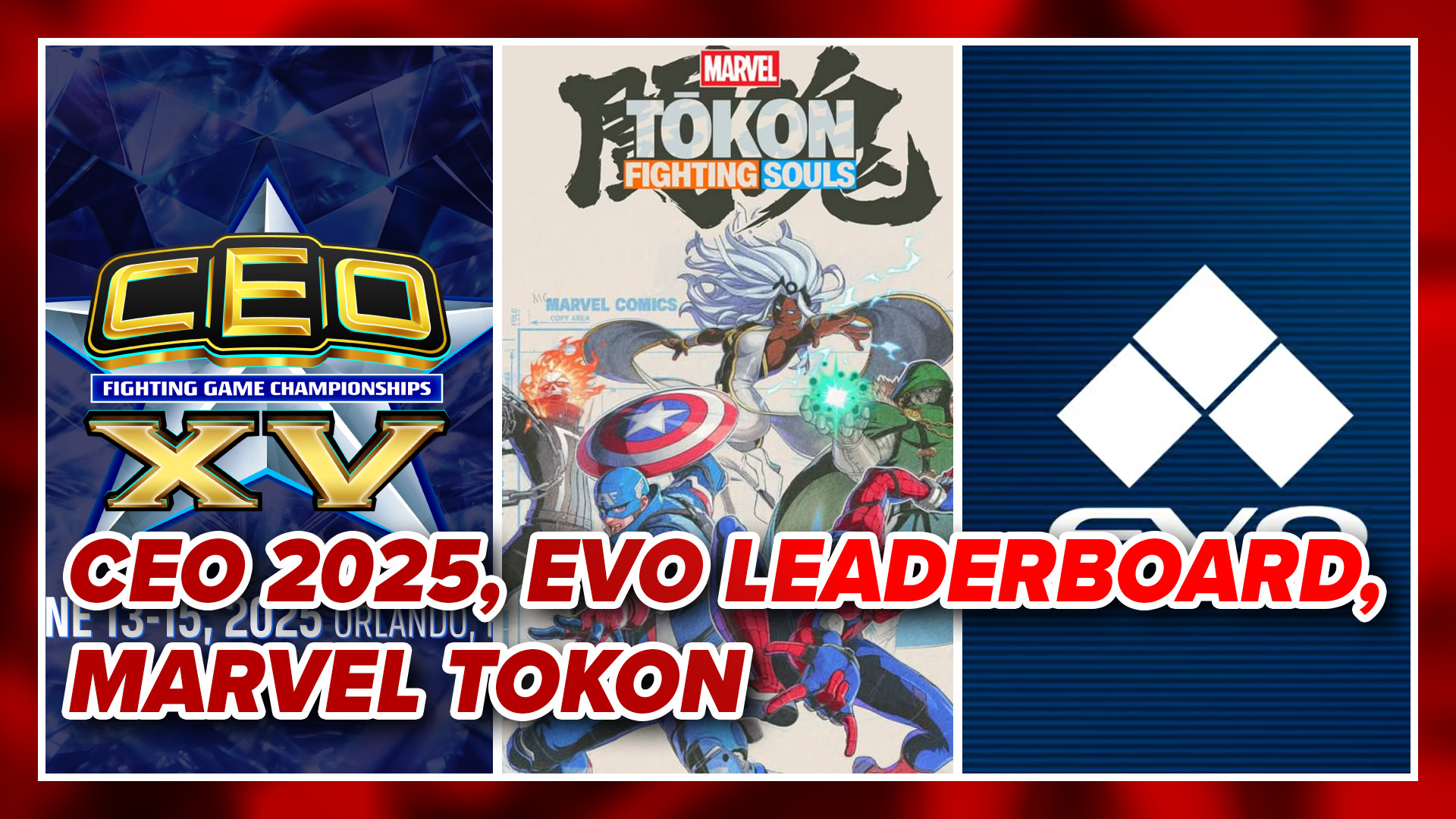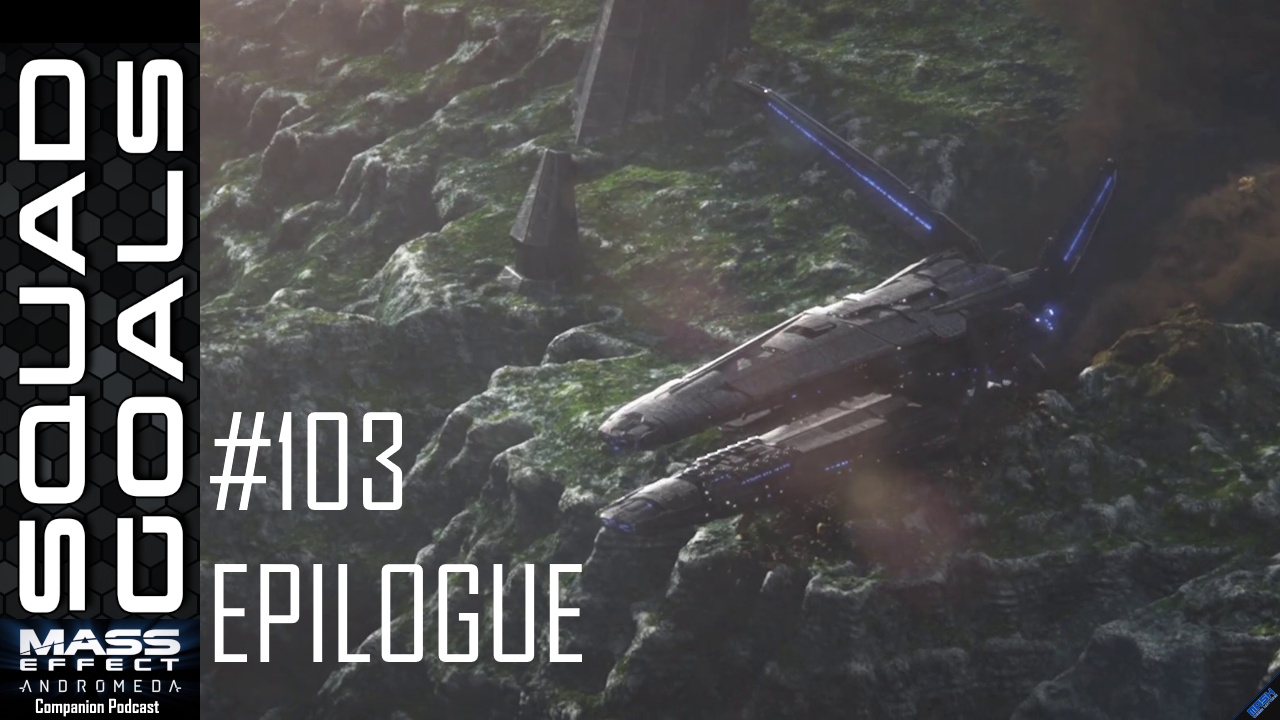
When hearing the term “galactic conquest,” one immediately brings to mind massive space battles and hectic combat. There have been so many games over the years which focus on players taking control of large expanses of the universe, and these titles often range from turn-based strategy games such as the Master of Orion series to the space-combat classic Descent: Freespace. Regardless of what the genre may be, space-faring gamers are used to intense fights and long hours spent staring at statistics. While indie developer Murudai newest release Solar 2 takes gamers back into space domination, it breaks the aforementioned trend with just how Zen and relaxing it is.
Solar 2 is really better placed within the framework of the casual gaming rather than that of the traditional console or PC market. Murudai’s new game tasks players with taking a singular asteroid and building up towards a massive, sprawling star system. Although the game does feature some opposition from roaming – and often hostile – star systems, it is really focused on the player’s experience instead of any set goals or immediate objectives.
The controls here are immediately straightforward and simple. Simultaneously designed for PC and the Xbox Live Indie Games market, Solar 2 only uses a simple control (WASD for keyboard or the analog stick for console) and half a dozen buttons. As the player propels his planetary body through space, he’ll have to deal with a slight amount of inertia while maneuvering and occasionally the effects of gravity around asteroids and the like. The interface is basic, but it really helps to reinforce the game’s casual tone.

Taking a lot of cues from the popular indie game flOw, Murudai’s game does not aim to test one’s gaming prowess but instead takes focuses on a more relaxed atmosphere. The first goal given to the player is to take his starting asteroid and collide with enough space debris in order to gain enough mass. Once the asteroid gets big enough, it’ll become a small planet which now has its own gravity. Clearly smashing into asteroids isn’t going to cut it and so the player is tasked with using the planet’s gravity to gently grab asteroids into orbit. As asteroids as collected, they can be absorbed into the planet to build up greater and greater mass until eventually the planet can yield life.
Much like flOw, Solar 2 uses this gradual growth as a sort of measure of difficulty. As one’s planet gets closer to becoming a star, more threats emerge in the environment to challenge the player. As a small planet, the only real danger comes by recklessly smashing into other planets. Becoming a larger star system means getting the attention of opposing stars with their own hostile alien life. While the game does present some challenge to the player, it never overtly punishes should one’s planet crumble or star system be dissolved. At worst, the player will be set back to the previous stage of growth for their star; and even that can be circumvented by using saves.
When Solar 2 does present players with a challenge, the actual interface never becomes more complex than at the start of the game. As stated before, planets can reach a point at which life will become to grow. When this occurs, tiny ships will emerge from the planet’s surface which will strike at nearby asteroids or hostile ships. There are no commands to give, formations to be set, or targets to be assigned. Even when combat does occur between rival stars, all of your built up forces act autonomously and your singular task remains with maneuvering your star system around. In an odd way, even when dozens of ships are at war things remain incredibly calm due to the lack of demand on the player.
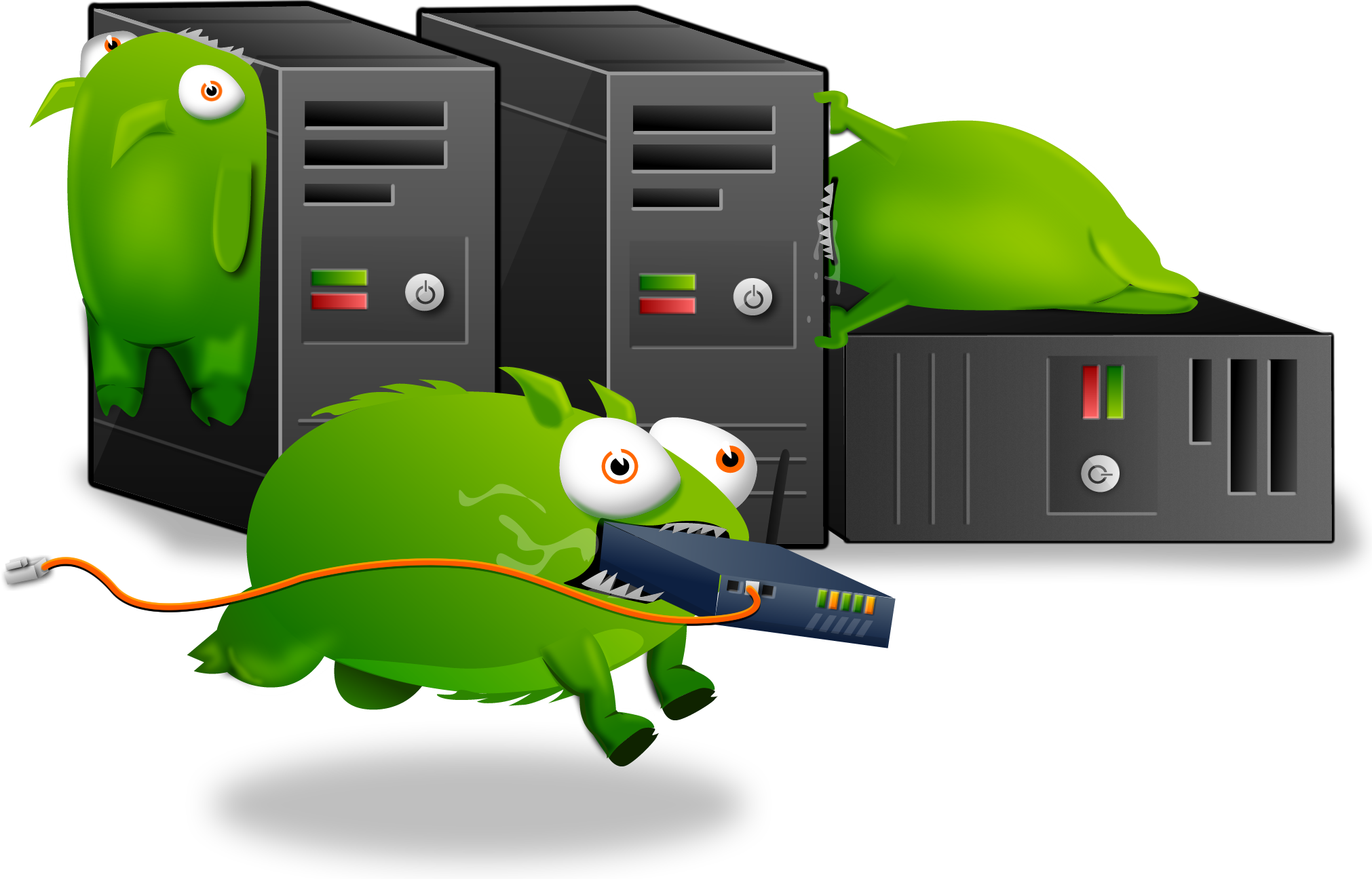
There used to be an embeded media player here, but it doesn't work anymore. We blame the Tumbeasts.
It also doesn’t hurt that the game’s atmosphere itself is incredibly relaxed. Solar 2’s visuals and audio design work hand-in-hand to keep the experience as chill as possible throughout. Most of the graphical detail is found in the lighting on planet surfaces and ships are very simplistic looking. The soundtrack also does a great job of building up gradually to a pleasant beat as players progress to larger planetary bodies and star systems. It has a great, soothing electronic sound which is as chill as it is enjoyable.
Solar 2 may be a singularly sandbox experience, but Murudai has put in a bit of a mission structure to give players some direction if they begin to fill listless. At any time during the game, small missions of varying type are set as waypoints around the universe. Should the player wish to, he can choose to take on challenges such as protecting a small planet or fending off alien swarms. There isn’t much emphasis placed on needing to do these pseudo-quests, but they are often challenging and can help to keep players involved.
Objectives and missions aside, Solar 2 is really meant to enjoyed in the casual manner in which it’s presented. Even though the player is eventually able to create massive star systems, it’s really the relaxed atmosphere and pleasant pacing that take the front seat to anything else that goes on. While the game may be a bit too casual for some, it’s an enjoyable experience and a decent alternative to the more intense and visceral titles out on the market right now.
Solar 2 is available for $9.99 on Steam and 400 Microsoft Points on the Xbox Live Marketplace.

